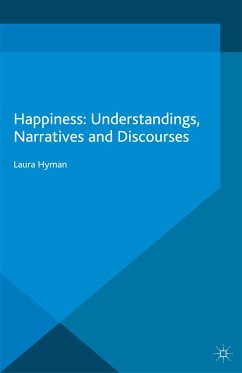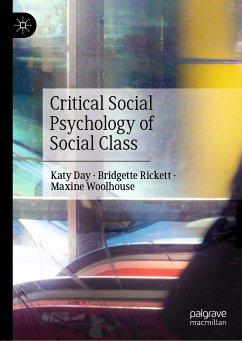
Critical Discursive Psychology (eBook, PDF)
Versandkostenfrei!
Sofort per Download lieferbar
72,95 €
inkl. MwSt.
Weitere Ausgaben:

PAYBACK Punkte
36 °P sammeln!
Critical Discursive Psychology addresses issues in critical discursive research in psychology, and outlines the historical context in the discipline for the emergence of qualitative debates. Key critical theoretical resources are described and assessed and a series of polemics is staged that brings together writers who have helped shape critical work in psychology. It also sets out methodological steps for critical readings of texts and arguments for the role of psychoanalytic theory in qualitative research.
Dieser Download kann aus rechtlichen Gründen nur mit Rechnungsadresse in A, B, BG, CY, CZ, D, DK, EW, E, FIN, F, GR, HR, H, IRL, I, LT, L, LR, M, NL, PL, P, R, S, SLO, SK ausgeliefert werden.












